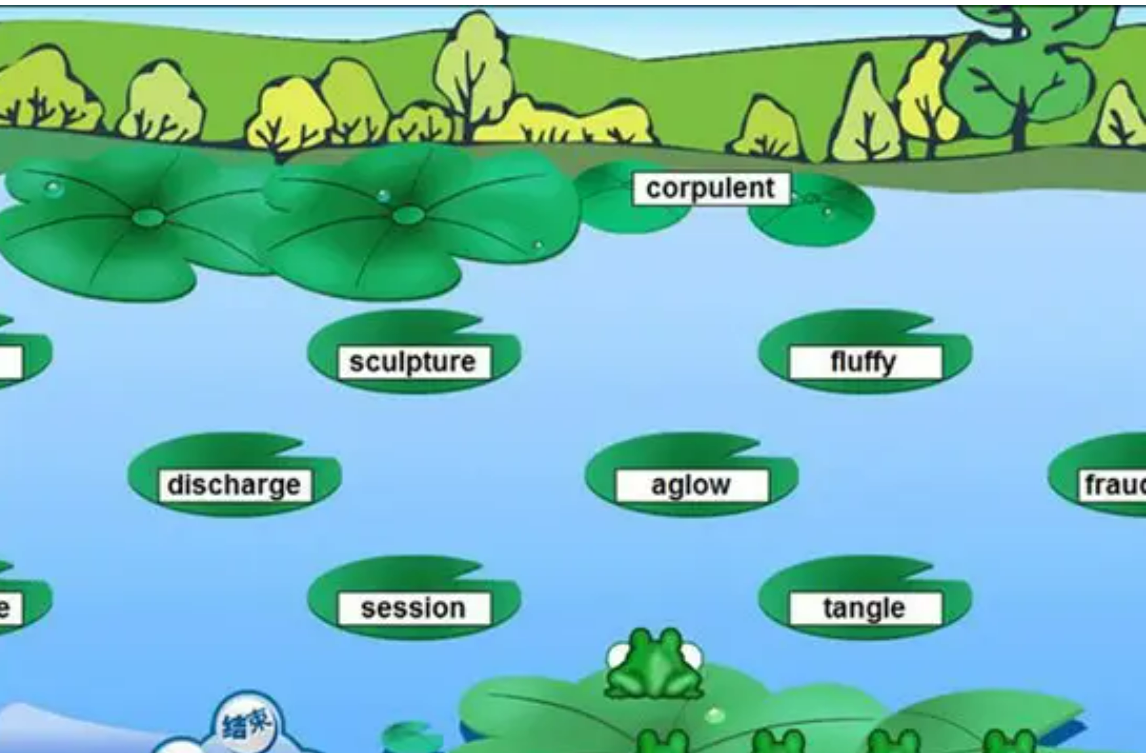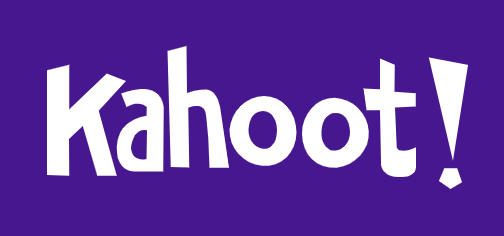A few thought about mobile learning and word connecting
Hi guys! Welcome back to Explore English Teaching with Leah! 😁😁😁
Today I would like to share some ideas for moblie learning and a funny game with you.
The information age provides new learning methods and rich resources for foreign language teaching but also brings new problems and challenges. In the era of rapid development of information technology, traditional classroom learning can no longer satisfy students' English learning needs. Therefore, Information Communication Technologies were introduced into the classroom.
Mobile Learning is a learning style that can happen at any time, anywhere, with the help of handheld mobile devices. Compared with E-learning and Distance Learning, Mobile Learning emphasizes learning through electronic mobile devices, mobile communication networks and wireless networks. Hence, learners are able to learn in an unfixed location through Mobile Learning. Currently, mobile learning devices are mainly smartphones, tablet computers and personal computers. For second language learners, the mobile application of English learning is conducive to improving English vocabulary learning, classroom participation and learning confidence.
A large number of mobile English learning applications have emerged in the Chinese market. Currently, mainstream English learning apps in the Chinese market can be divided into five categories: Word memory (MOMO), Dictionary (Wangyi Dictionary), Listening (China VOA), Oral English (Mofang Show), Online teaching (China MOOC).
Let's take Momo as an example, customized personal learning plans for learners based on the Theory of Ebbinghaus curve, and urged the learners to learn words by punching in every day.
Another typical Oral English Application is Mofang Show. There are thousands of TV series and animations online for users to imitate. By clicking on the time stamp, learners can repeat the same sentence to learn the pronunciation and intonation. In addition, most of the applications are able to feedback or score on users' vocabulary, speaking level, and listening level timely. It can therefore be assumed that those applications are popular with English learners due to their interestingness and immediacy.
In addition to these apps dedicated to learning English, I recently discovered a new word game app: Word connect, which I coincidentally saw an advertisement for while I was playing other games😉
Word Connect is a game that connects letters to form words. In each game, there are three to five letters and the player has to arrange them to form different words.
Here is a video I recorded
Obviously, one of the downsides of this game is that there are too many adverts! Every level is accompanied by an advert. At the same time, the player will encounter some rare words in the spelling and will need to consult a dictionary to know the meaning.
Although these rare words are seldom used, I still think Word Connect should be recommended for English language learners. Combining words by arranging letters can increase ELLs' sensitivity to word formation, which is helpful when they are spelling words and remembering root words. At the same time, the words in the game are very short words that can expand their vocabulary. There are also bonuses for spelling out the hidden answers during the game, which makes it a fun and challenging process.
I highly recommend you download this free game, it's worth the thirty-second wait for the ads!




Hi Leah, I like the idea of giving feedback and scores about users' pronounciation, for it give me a standard to know more about myself and help me improve! I want to use it to read after movies after reading your blog. Good job!
ReplyDelete